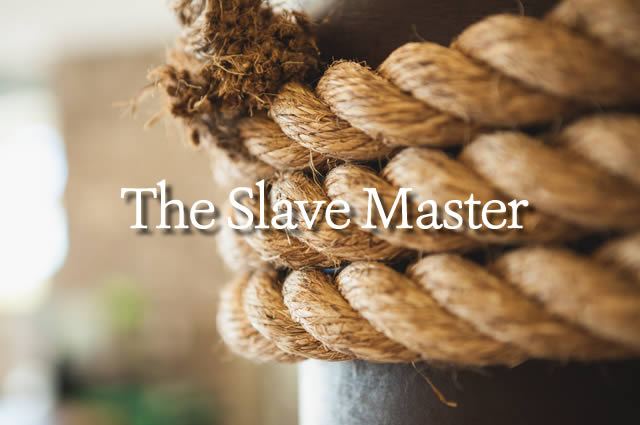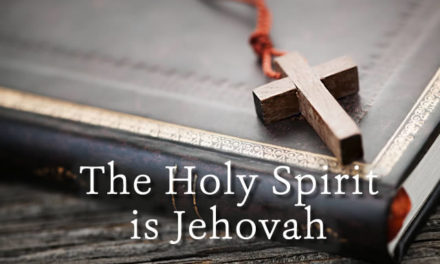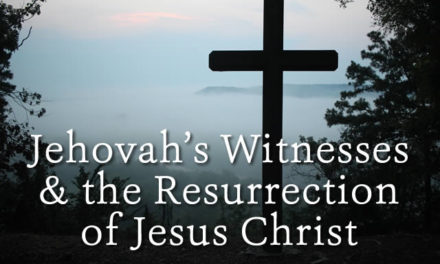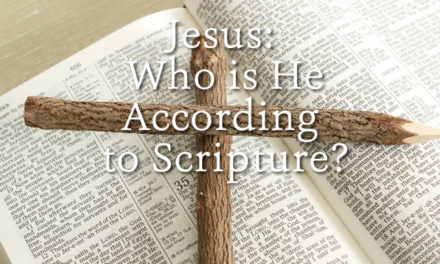Scripture tells us not to be in bondage to men (2 Peter 2:15-19, Galatians 5:1). Can Jehovah’s Witnesses publicly disagree with the Watchtower Society? If they are free from the coercion and control of men they can. However, they are not free. To publicly disagree is to invite a meeting of the Judicial Committee, which will accept only repentance or disfellowshipping.
The basis for such stark alternatives is that the Watchtower Society claims to be directed by Jehovah and Jesus in its teaching and practice. They are simply the “channel,” also known as “the Faithful and Discreet Slave,” through which Jehovah communicates His will to Jehovah’s Witnesses. This communication is called “meat in due season” (Matthew 24:45). If the “Slave” is simply passing along what it received from Jehovah then disagreement would be with Jehovah. A cult cannot allow this, as it would lead to disintegration. It would certainly lead to loss of the “Slave” (Master’s) control of the organization.
In the Watchtower magazine of February 1, 1952 (pages 79, 80), the self proclaimed “Faithful and Discreet Slave” told Jehovah’s Witnesses, “Are we assigned as individuals to bring forth the food for the spiritual table? No? Then let us not try to take over the slave’s duties. We should eat and digest and assimilate what is set before us, without shying away from parts of the food because it may not suit the fancy of our mental taste…. Jehovah and Christ direct and correct the slave as needed, not we as individuals…. We should meekly go along with the Lord’s theocratic organization and wait for further clarification, rather than balk at the first mention of a thought unpalatable to us and proceed to quibble and mouth our criticisms and opinions as though they were worth more than the slave’s provision of spiritual food.”
This statement demonstrates the recruiters premise. Totalistic cults want recruits to accept that the leaders, and only the leaders, speak for God. When confronted with examples of failed prophecies the typical Witness will claim that the organization is not an inspired prophet, they make mistakes. However, since they are not free to disagree, as the above quote demonstrates, the Witness should be challenged to explain why the Watchtower is trying to have it both ways? For one circumstance the organization says it speaks unquestionably for Jehovah but for another they claim human fallibilty.
Since it is the eternal destiny of the Jehovah’s Witness that is at stake he should be challenged to exercise his God-given responsiblity to try “them which say they are apostles, and are not” (2 Corinthians 11:13-15 and Revelation 2:2).
By David Henke






